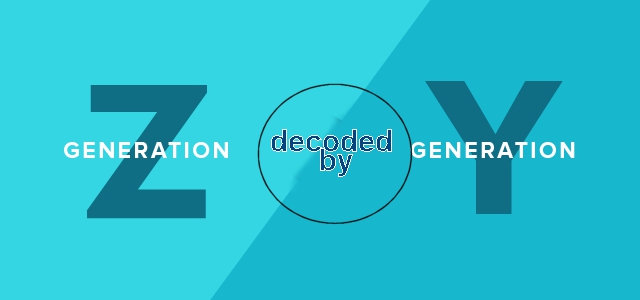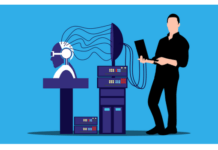91 per cent of millennials in India believe that those aged 18 or younger, will have a constructive impact on the workplace.
The discussion on how millennials would fare at the workplace and what impact they would create is a decade old now. The last year or two have seen a shift in focus as GenZ or the ‘centennials’ as some like to call them, prepare to join the world of work as the ‘new generation’. The 2017 Deloitte Millennial Survey asked 8,000 millennials from 30 countries about how they think GenZ will impact the workplace, and the response has been overwhelmingly positive.
Millennials in India are most welcoming of GenZ as 91 per cent believe that GenZ or those aged 18 or younger, will have a positive impact on the workplace. Among the other countries most optimistic about GenZ, Philippines comes next at 85 per cent, Brazil and Peru at 75 per cent, the US and Indonesia at 73 per cent, and Columbia, Turkey and China at 71 per cent.
In general as well, millennials tend to have a broadly positive opinion of GenZ, believing the group to have strong information technology skills and the ability to think creatively.
Six in 10 or 61 per cent millennials believe GenZ will have a positive impact as their presence in the workplace expands; this belief is higher in emerging markets (70 per cent) than in mature markets (52 per cent), where, out of the 30 countries surveyed, only in six markets does a minority expect GenZ to have a positive impact.
While on one hand millennials see great potential within GenZ, they also believe these younger employees will need a lot of support when they enter the workforce. This being a simple perception and not criticism, millennials are also open to offering support. The millennials surveyed were asked what guidance they would give the next generation based on their own early career experiences. In response to this, they shared many useful tips to pass on to their future colleagues, some of which are:
- Learn as much as possible: Begin your career open-mindedly and be ready to learn from others.
- Work hard: Do your best and do not be lazy.
- Be patient: Take your time when entering the workforce and go step-by-step.
- Be dedicated: Be committed to succeeding and persevering.
- Be flexible: Be open and adaptable to change and try new things.
Apart from these tips, the millennials believe GenZ will especially need to develop softer skills, rather than technical or specific knowledge, to meet their expectations. That said, 78 per cent of the surveyed millennials believe that GenZ will require more mentoring and support as compared to their own generation.
Furthermore, millennials don’t think GenZ’s primary strengths align well with the skills or attributes considered most valuable in driving long-term business success. The survey found that millennials in senior positions (those increasingly involved in decisions over strategy and direction) consider GenZ to be underprepared when it comes to professionalism and personal traits, such as patience, maturity and integrity.
Surprisingly, millennials in senior positions rate information technology and social media skills as being of relatively low importance— especially when compared to attributes, such as communication, flexibility, leadership, and the ability to think creatively and generate new ideas.
At the same time, creativity in thought and novel ideas are the strongest qualities/features that millennials believe GenZ will possess, and in good supply too. Combined with the general positive sentiment of the millennials regarding the new generation, the workplace of the future looks quite optimistic and harmonious!
Value our content... contribute towards our growth. Even a small contribution a month would be of great help for us.
Since eight years, we have been serving the industry through daily news and stories. Our content is free for all and we plan to keep it that way.
Support HRKatha. Pay Here (All it takes is a minute)




































